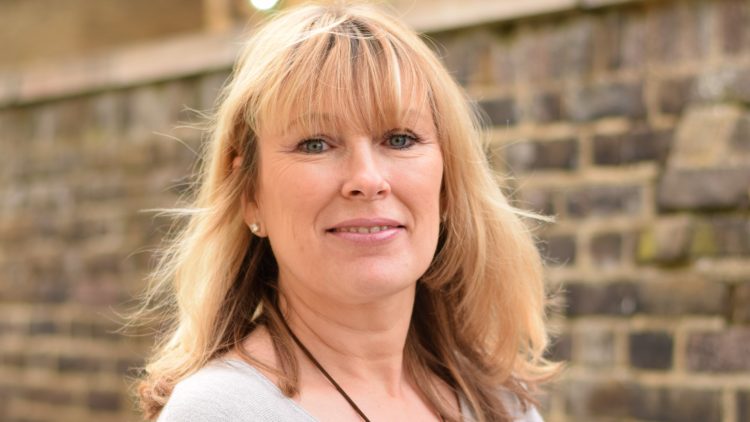
I hate wasting money. When I see food going in the bin I look at it and see it as my money and our clients’ money being thrown away.
In catering, we have always had to work to a budget and a gross profit on the food we sell. And recently that’s got a whole tougher as clients are telling us to take more off the bottom line on costs.
Whilst we’ve never had a massive food waste issue, we are constantly looking at ways in which we can increase our efficiency and reduce our impacts on the environment. We feed 40,000 people a day so we know that we cannot just rest on our laurels. It is really important to us that we continue to find innovative ways to support the industry to create a more sustainable way of growing and producing food.
Two-pronged attack on waste
I knew that, as with any successful change, the first thing to do was engage our teams and get them involved. I tasked Pete Redman, our executive chef, with that job while I got to work sorting out the measuring and monitoring – it was a twin track approach.
We wanted to come up with a name for this waste management programme that would resonate with our people and so we called it Wast-Ed. The manager at every site is absolutely key to the success. Each site was tasked with measuring their waste and the manager had to record their daily data via an electronic reporting system on our intranet called the Pear Pages. It can show us when we have a wasteful day compared to previous days and allows us to review the menu with waste in mind.
Creating an army of picklers and soup makers
It was incredible, there was an immediate impact. And as the chefs started to notice the dishes that were creating the most waste Peter was busy creating resources for them – tips, ideas and recipes to use the whole ingredient and leftovers. We created a keen army of picklers and soup makers. It was a genuine lightbulb moment for them. They could see it as an opportunity to think more creatively, create a variety of dishes from the same product and save money. They’ve shows such enthusiasm for getting the most of cuts of meats they hadn’t used much before and are delivering stunning, healthy menus for our clients. We also brought in Michelin starred chef Adam Byatt to deliver masterclasses and that just added to their expertise and enthusiasm for reducing waste.
The results have been fantastic – we’ve reduced waste by 19%. And we’re always looking to drive that down further. We’ve definitely got smarter as a business and when we send our clients monthly updates we can tell them about our successes and work with them to find more solutions. That includes disposal. We don’t control that on site but we can and do influence that.
Low tech and low waste
Our system for measuring and monitoring our food waste is not sophisticated. But that’s the point, it doesn’t need to be. Using basic technology we have been able to simply measuring and record the waste and that has changed behaviour and reduced costs. Just the visual impact of a bin full of food can be enough to get a chef thinking.
My advice to any other business that’s just starting out trying to tackle their food waste would be to engage their team and get them involved from day one. They are the ones who will deliver the change, the doers. Our teams have taken ownership of this and that’s why it’s had such an impact.
Why should we continue to accept food being wasted? We simply can’t keep closing our eyes. We have to wake up and smell the landfill.
By Sally Grimes, Quality Standards Auditor, bartlett mitchell
This article first appeared in Sustainable Restaurant Association and the full article can be read here.
Share on:
Marketing Director
More from Lin Dickens